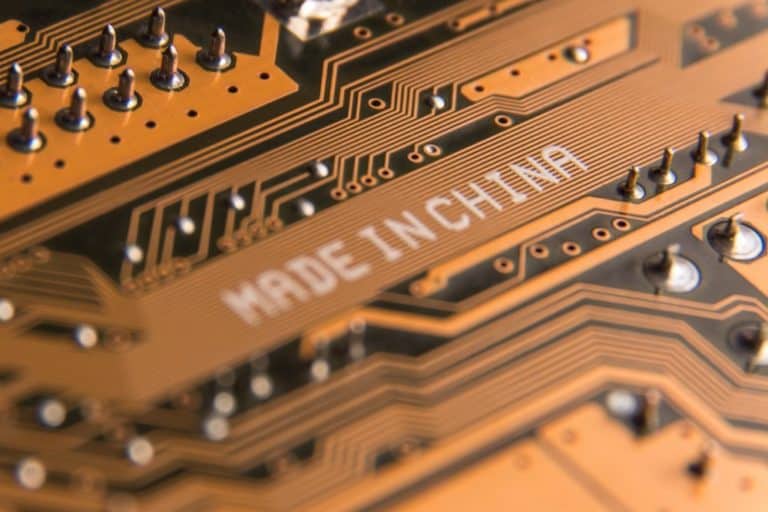Apple reportedly shelved plans to utilize memory chips from China’s Yangtze Memory Technologies in light of recent US penalties on technology exports to Chinese firms.
Citing various sources, Nikkei Asia reported that Apple’s move is evidence of Washington’s campaign paralyzing the supply chain.
Although curbs on technological exports to China are nothing new, the most recent wave of restrictions — announced in early September — brought additional restrictions on artificial intelligence processors.
Earlier this month, new limitations on exporting semiconductors and chip manufacturing equipment to China were introduced.
YMTC is state-owned
The regulation applies to items made by US businesses and semiconductors made by foreign companies utilizing US technology. Another guideline limits the hardware and chips that can be used in supercomputers.
Yangtze Memory Technologies (YMTC) was among several Chinese firms targeted in the most recent round of export restrictions.
A bulletin issued by the United States Commerce Department put YMTC and 30 other Chinese enterprises on its ‘Unverified List’ on October 7, prohibiting them from importing regulated products such as American chip designs and production equipment.
YMTC is a Chinese state-owned integrated equipment manufacturer specializing in flash memory chips. It was founded in 2016.
Apple faces a tough decision
Although many Chinese enterprises have Chinese Communist Party ties, YMTC is completely government-owned, rendering it an obvious target for export controls. Apple reportedly signed a contract with YMTC to supply memory chips for the iPhone 14 in June, with the arrangement potentially costing 24,000 high-paying US jobs.
With rising attention on China alongside increasing political and financial volatility worldwide, Republican senators stated in September that Apple would face a congressional investigation if the transaction were to go through. In the face of political pressure and export limitations, Apple’s choice may be difficult for its profits and supply chain.
